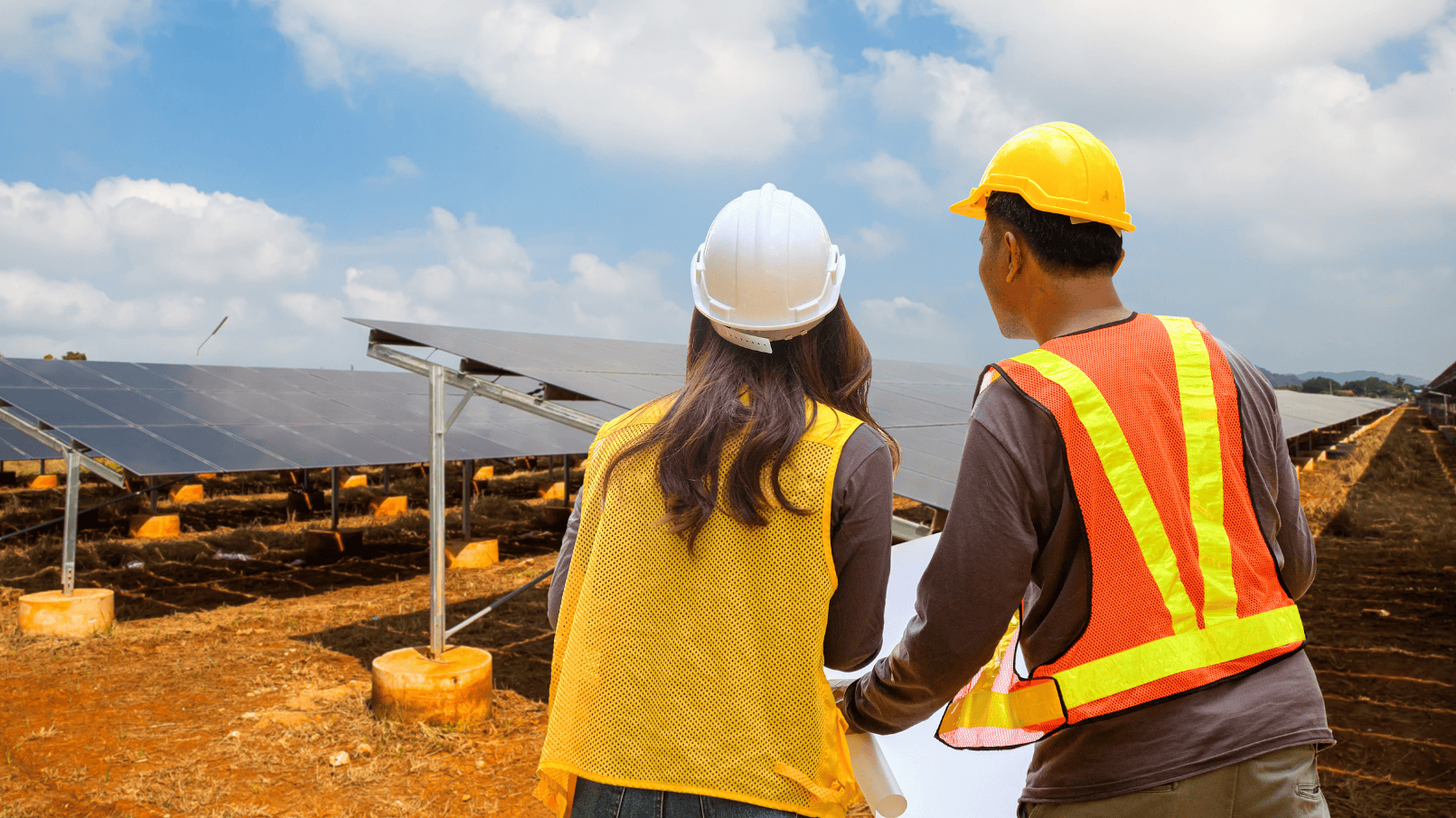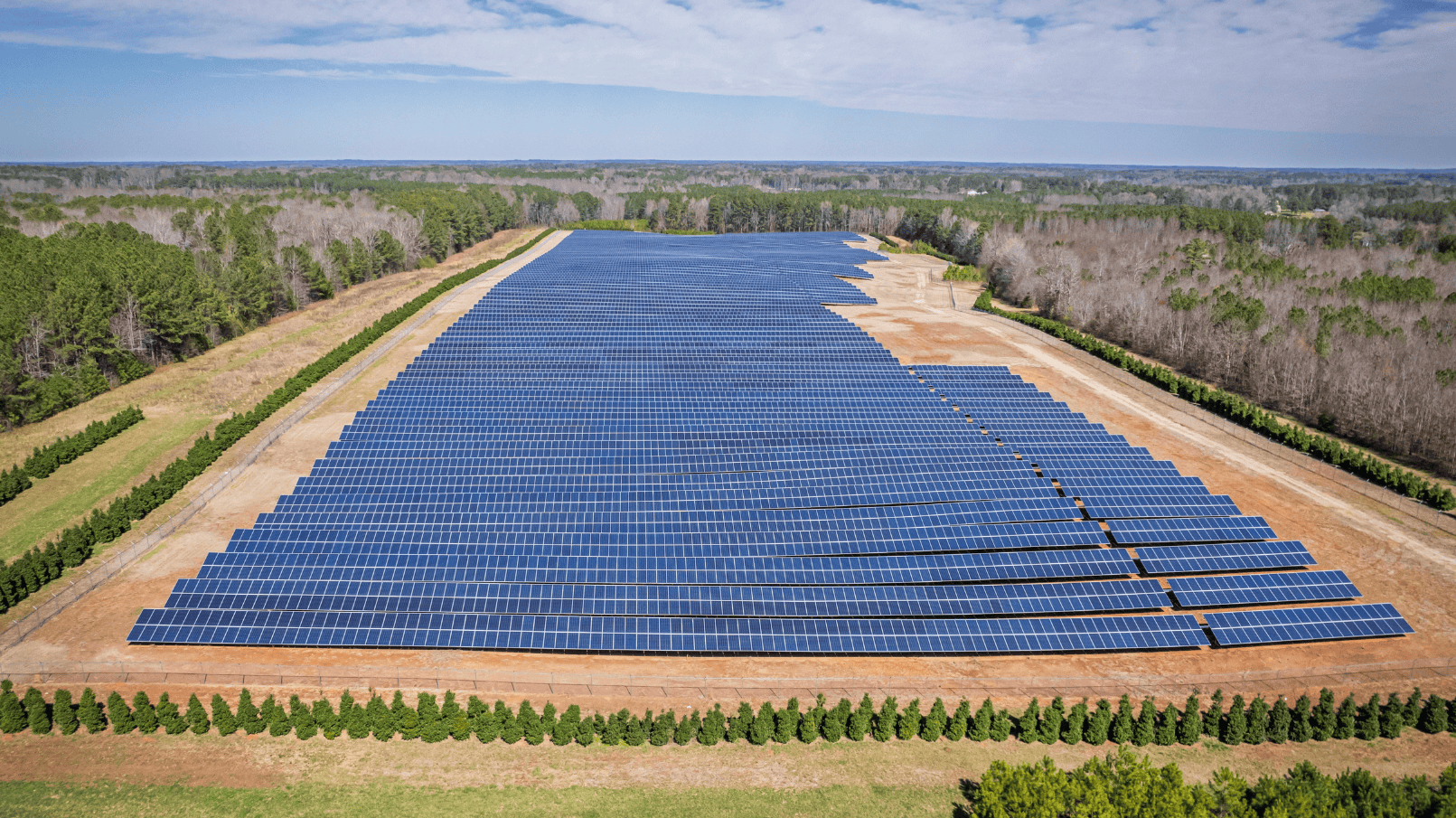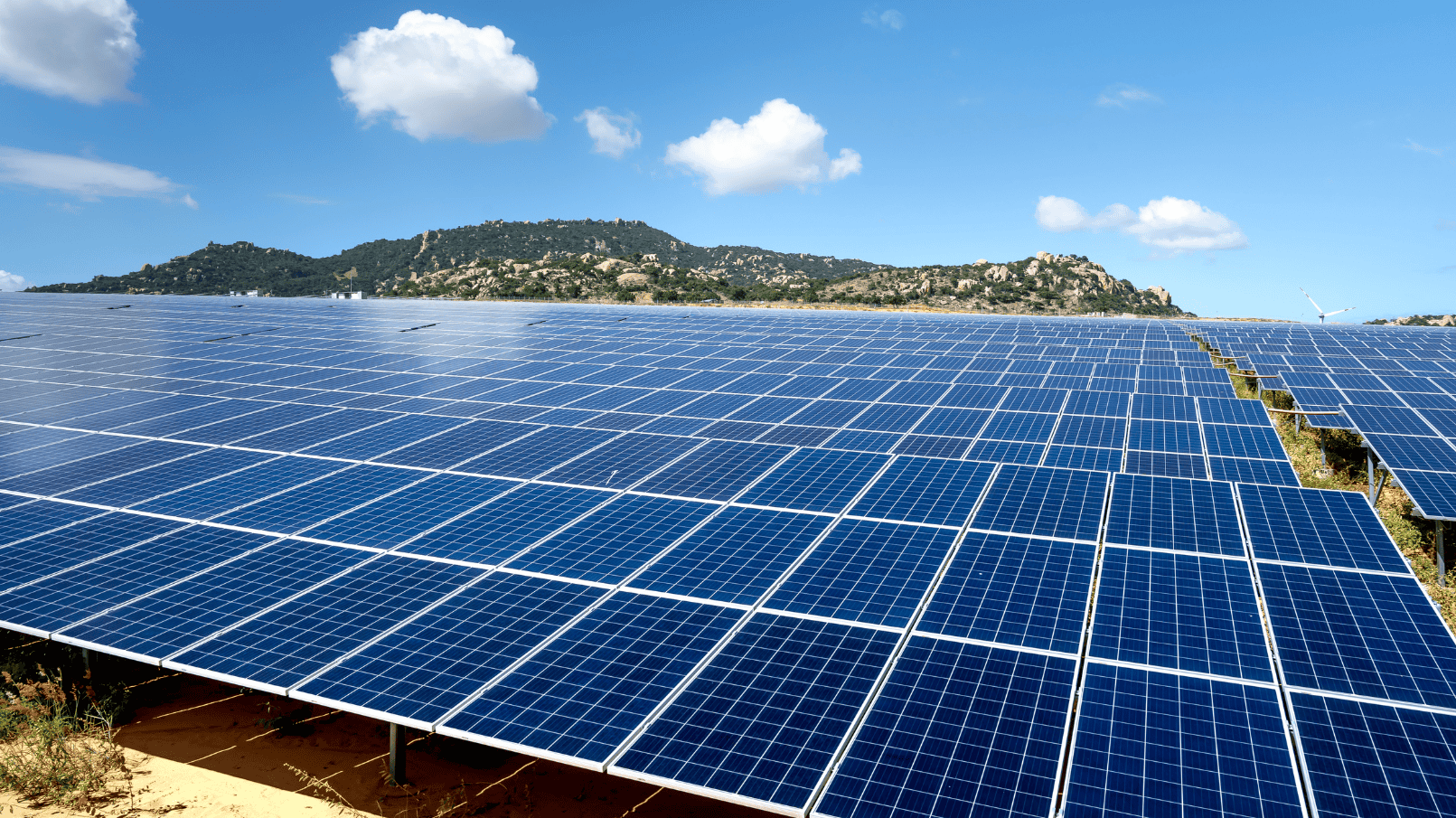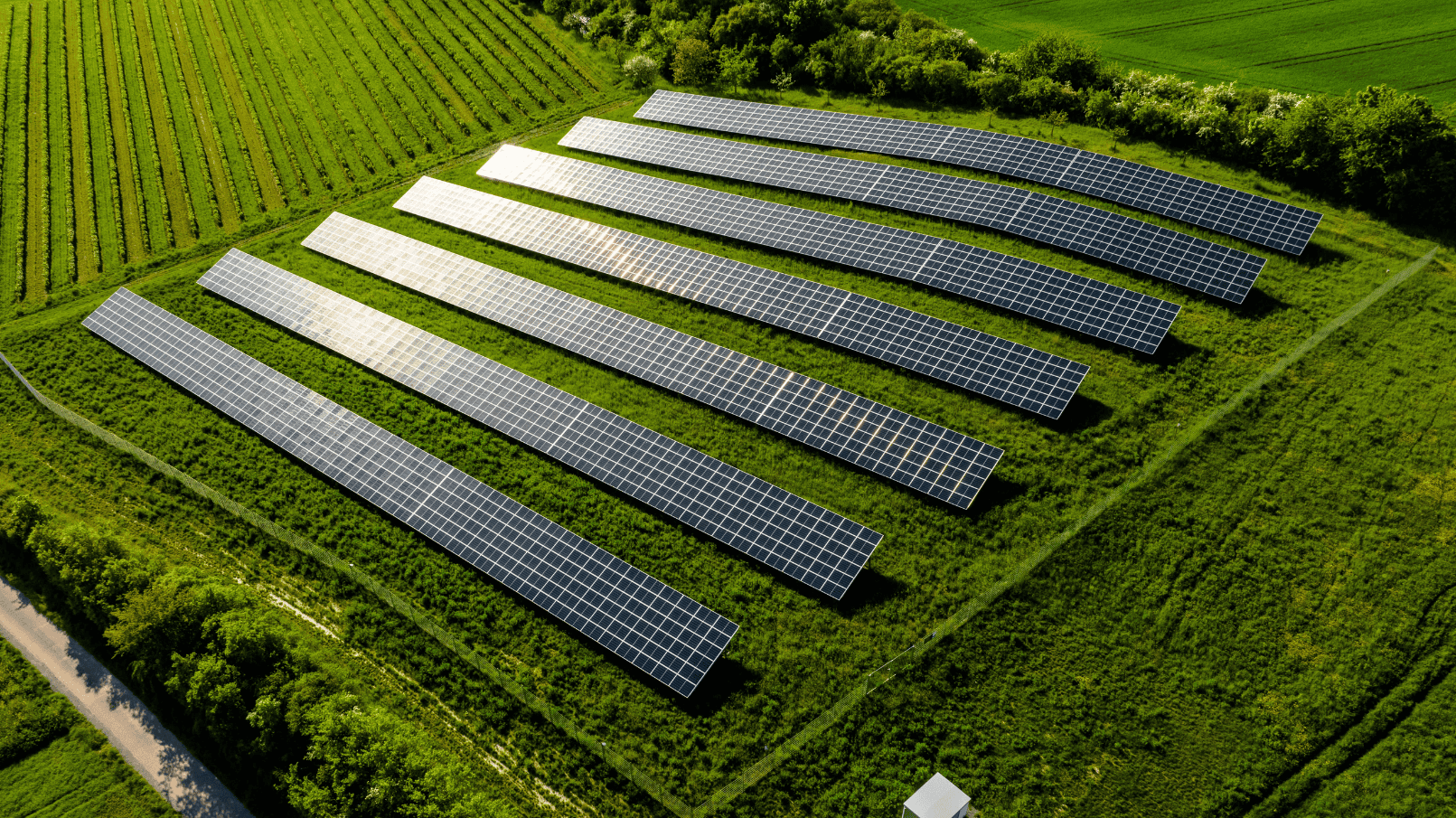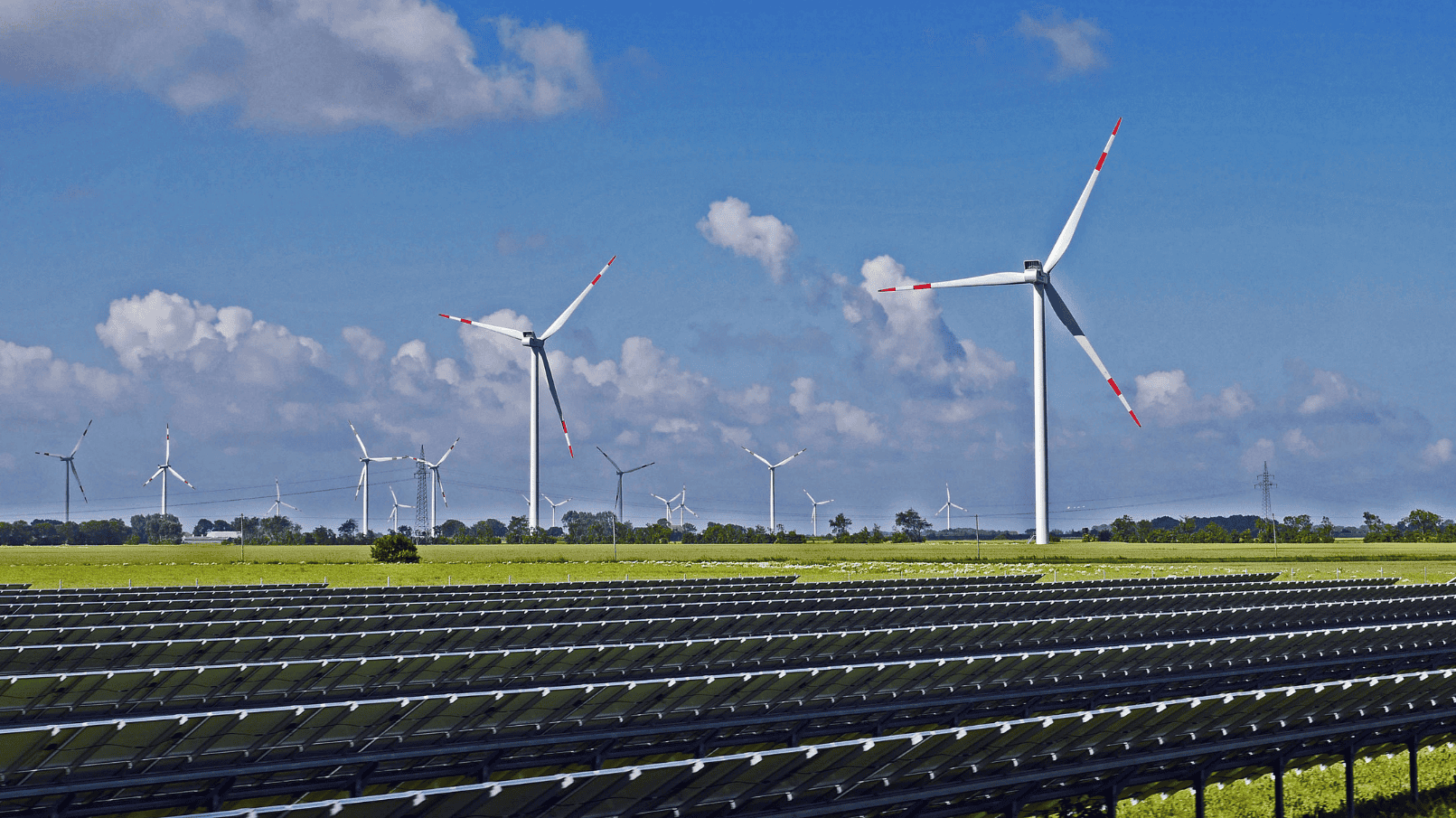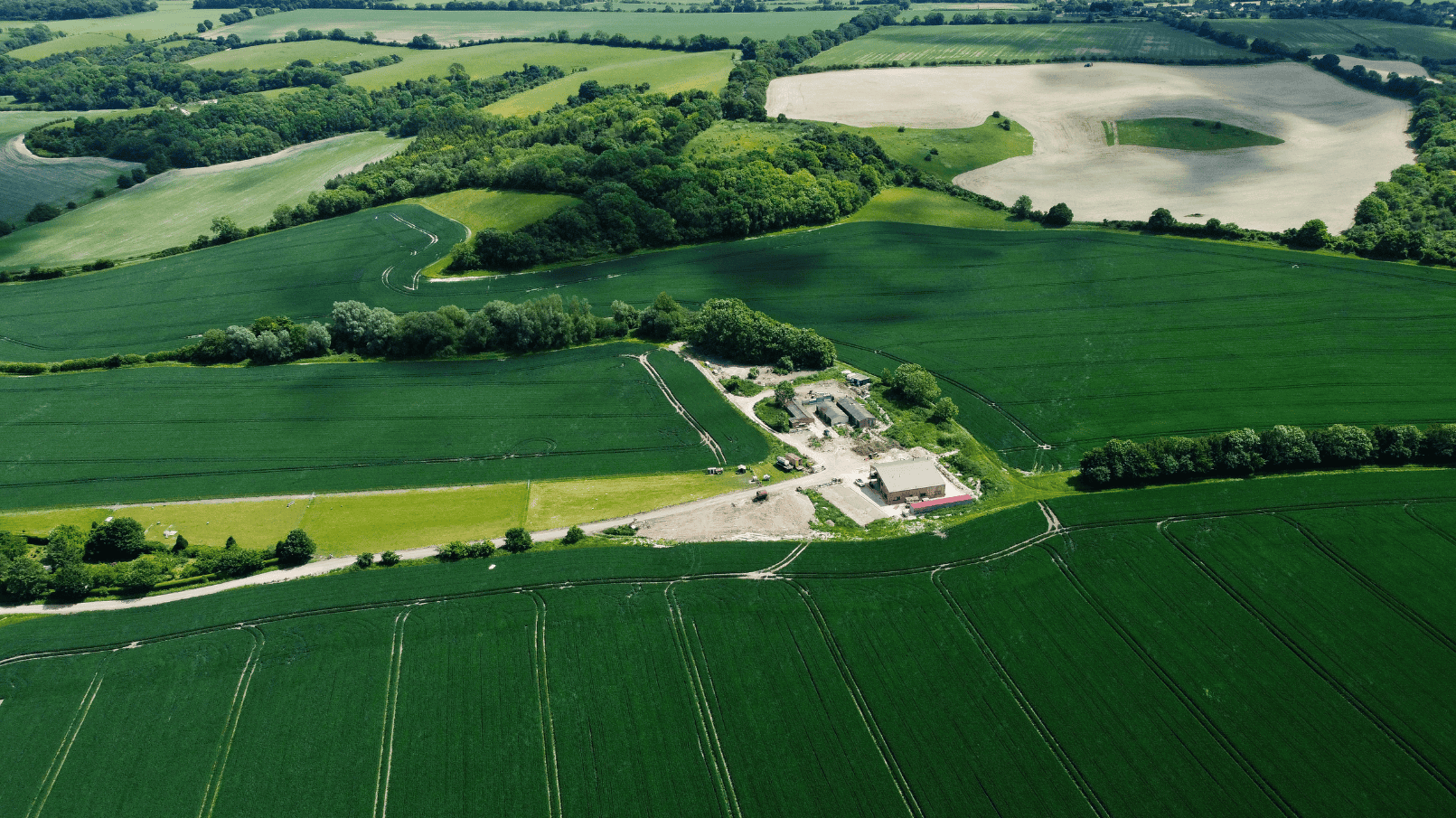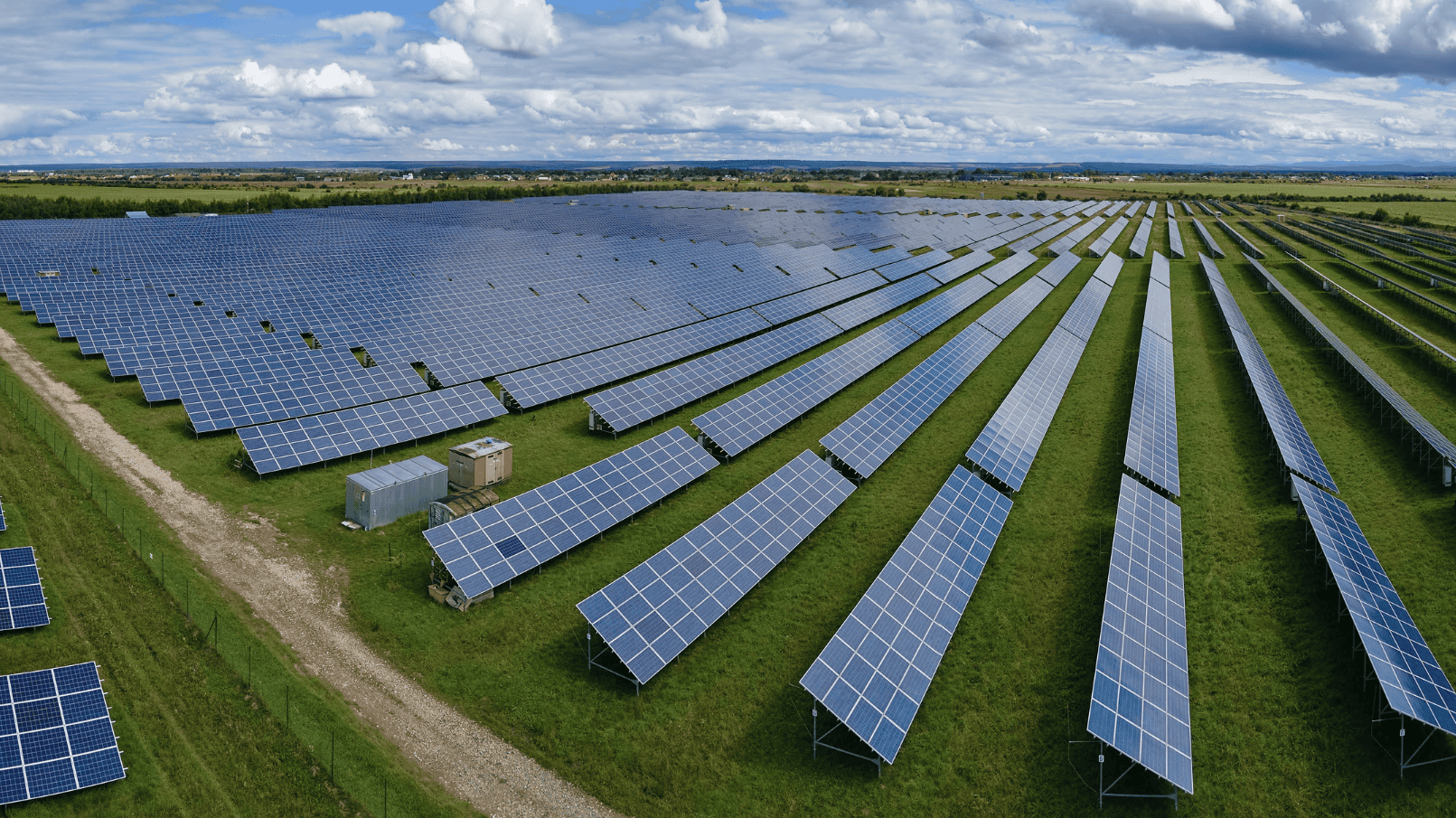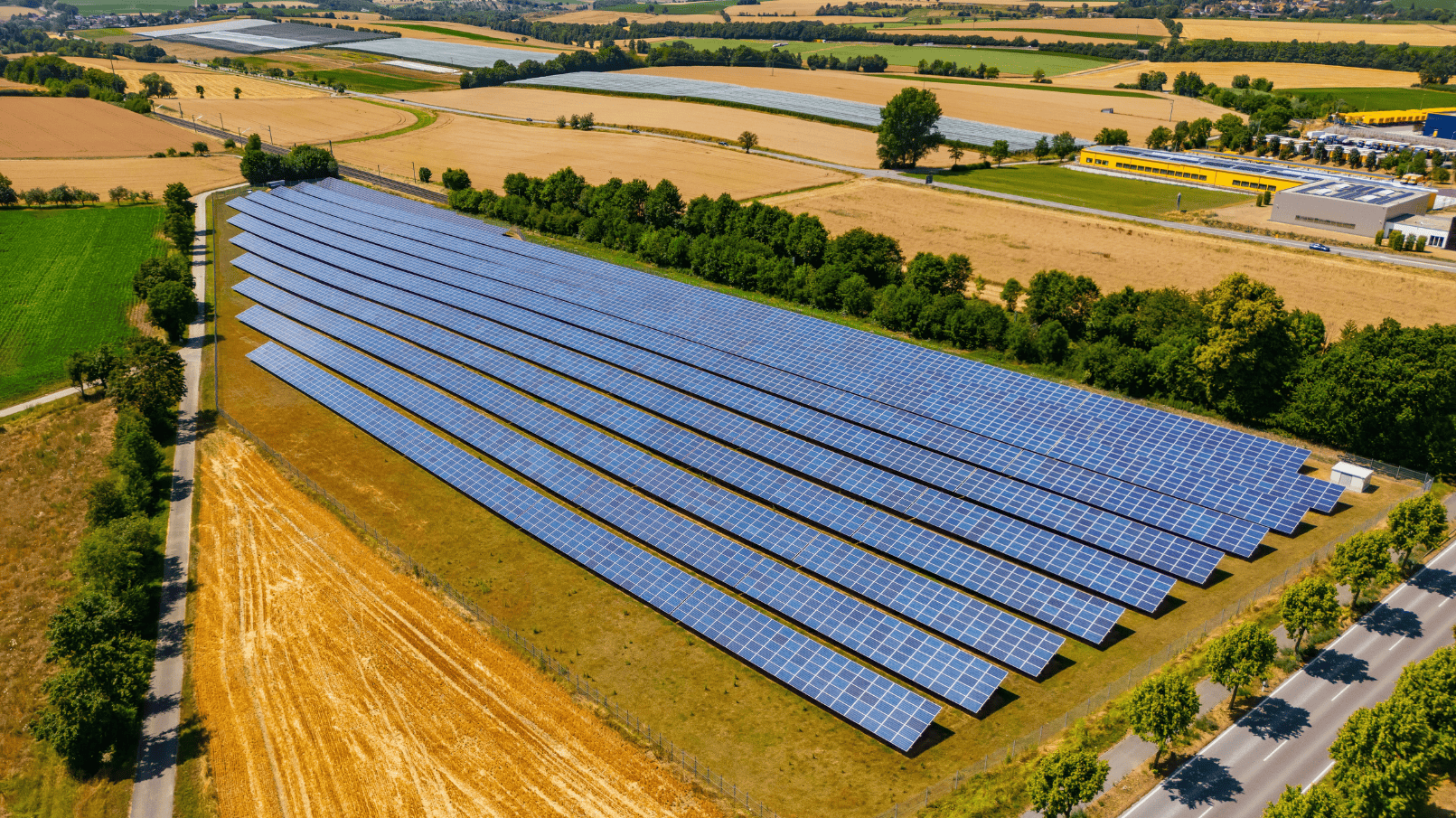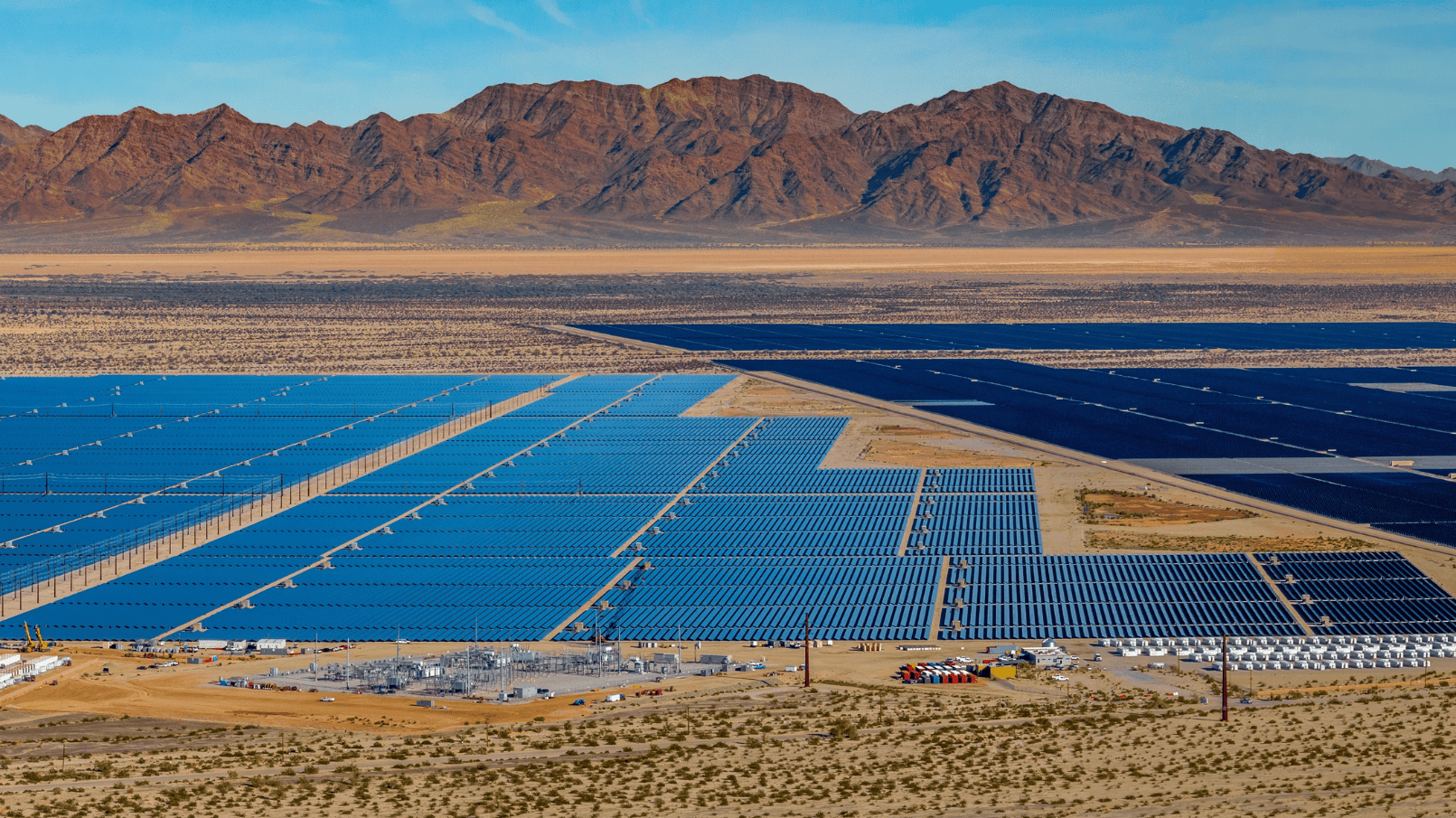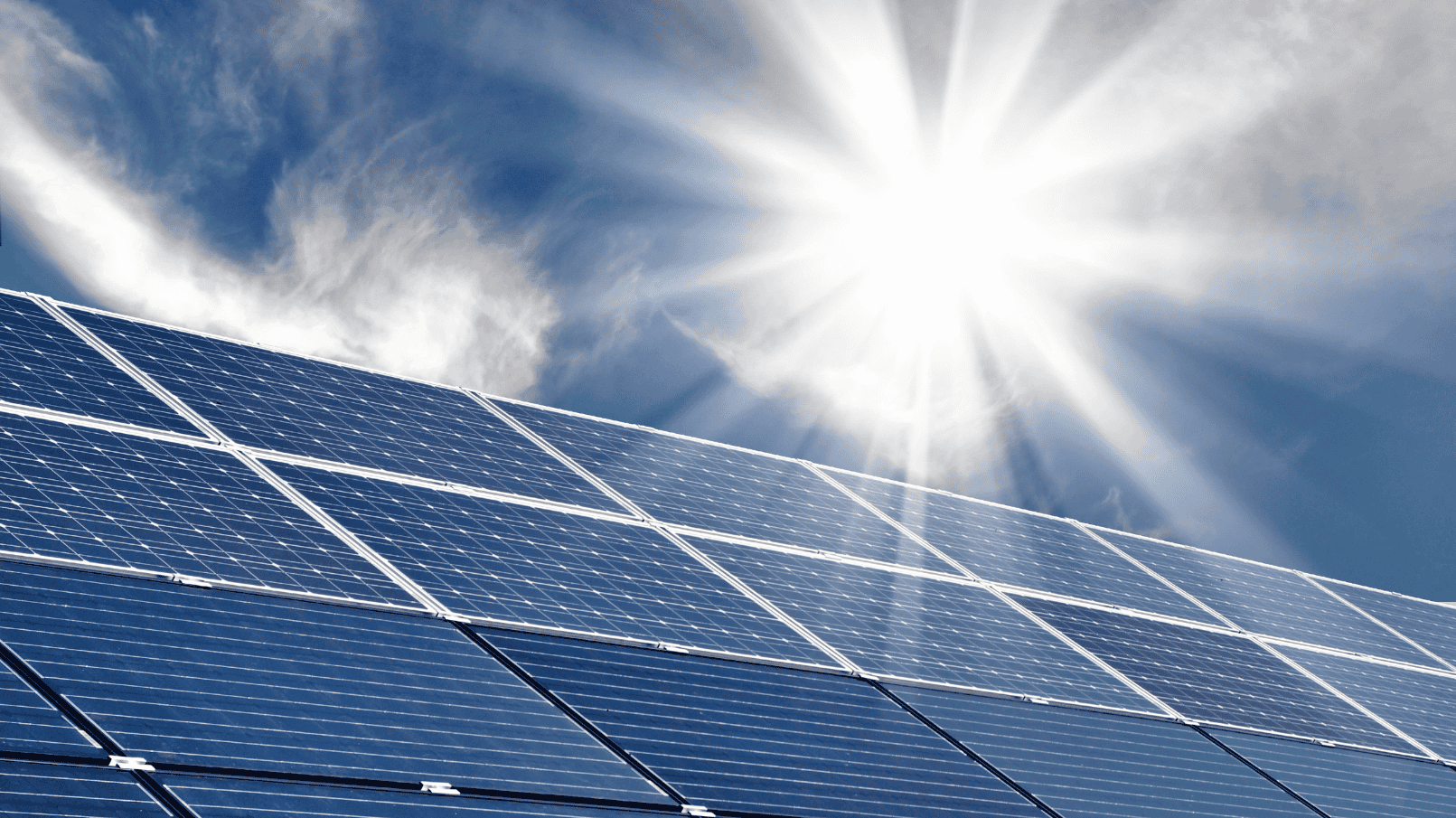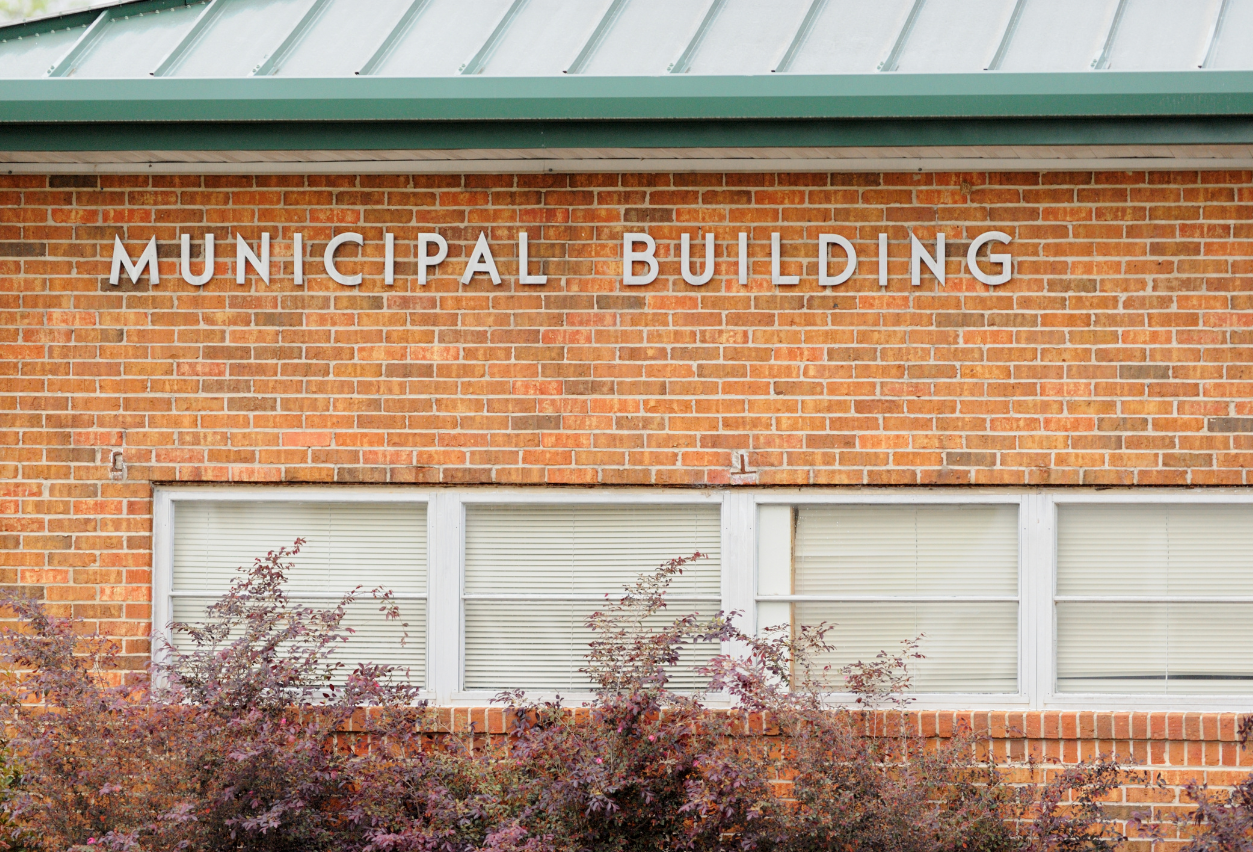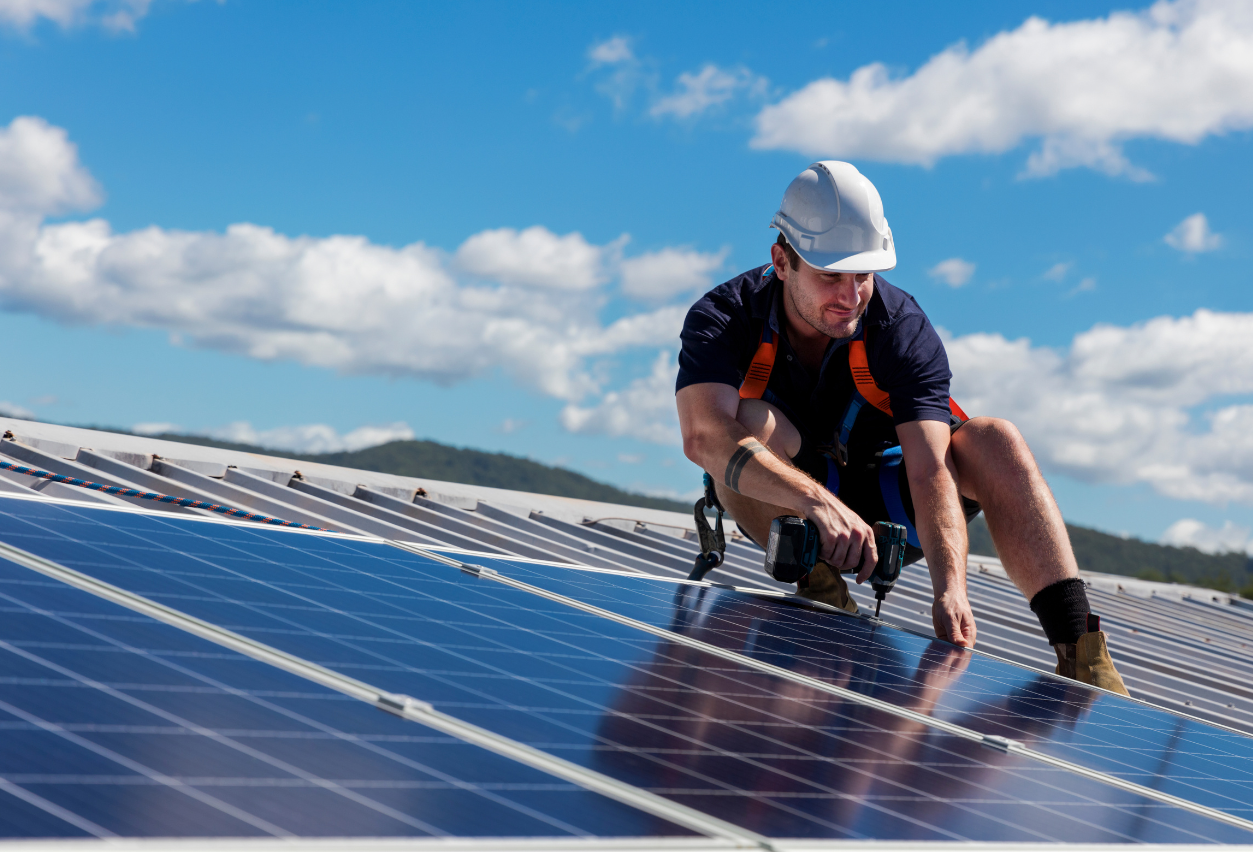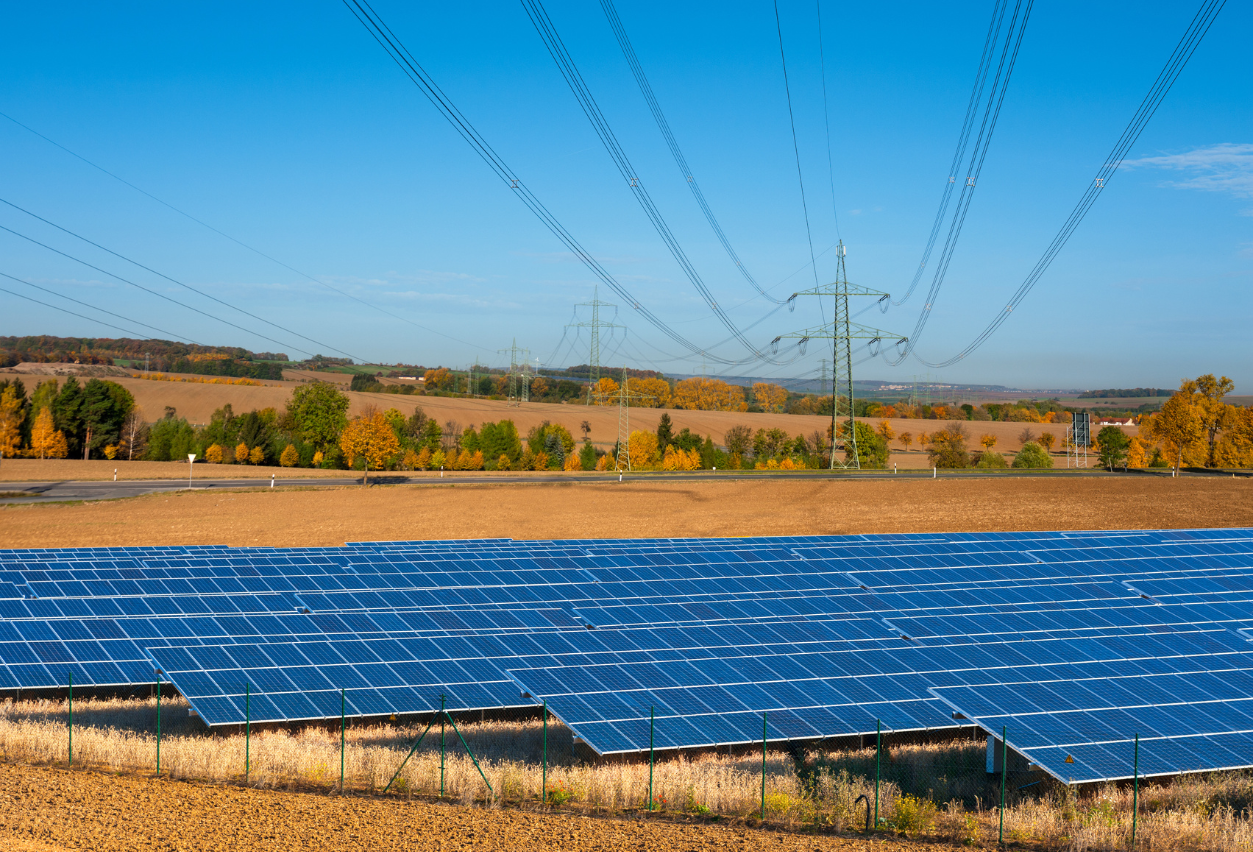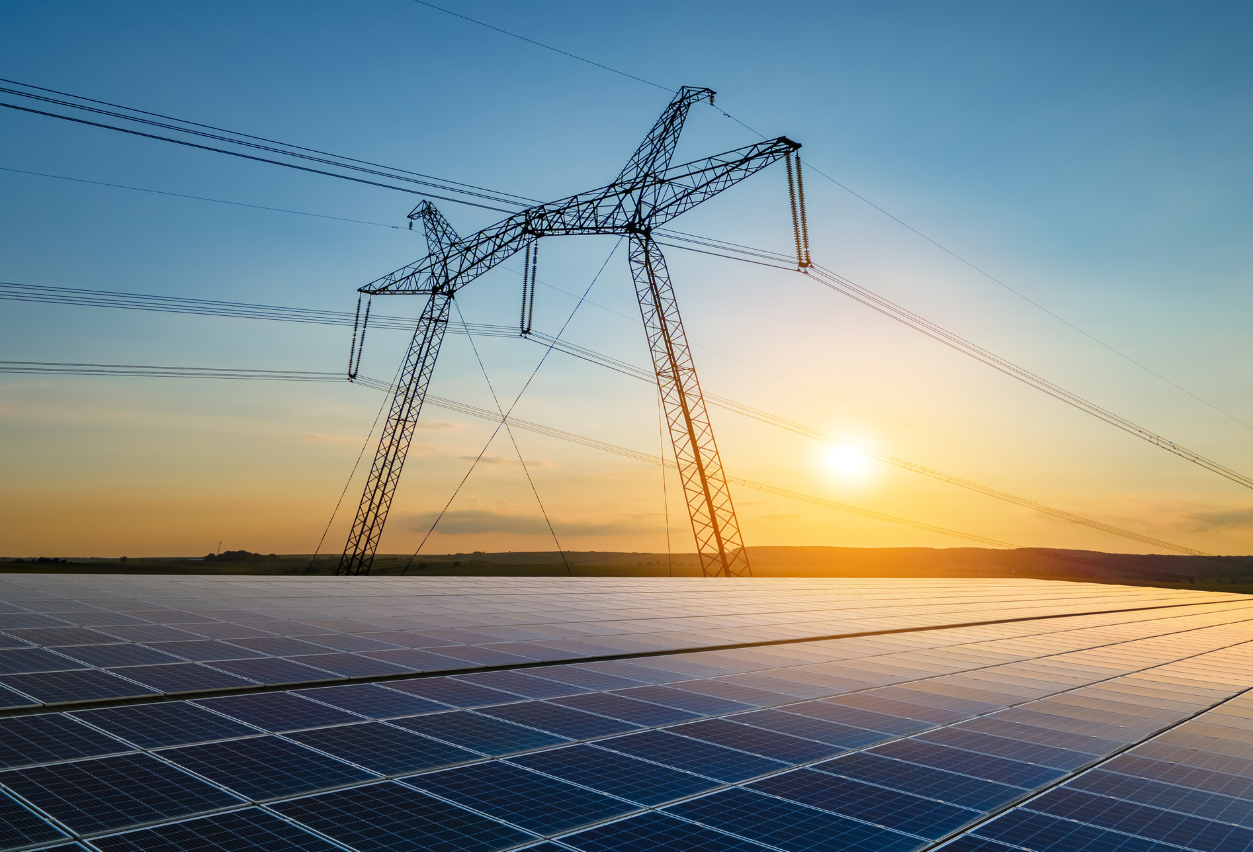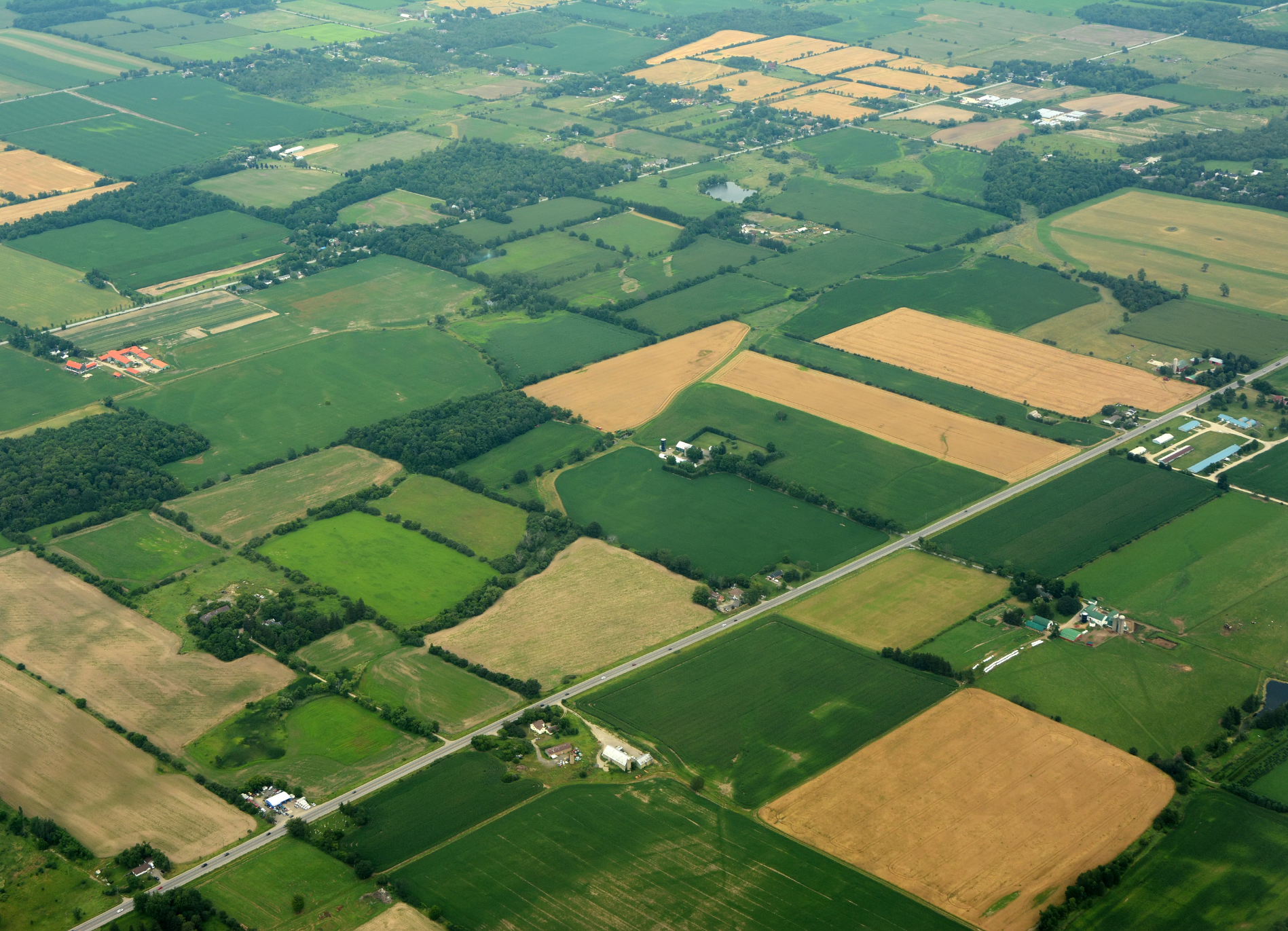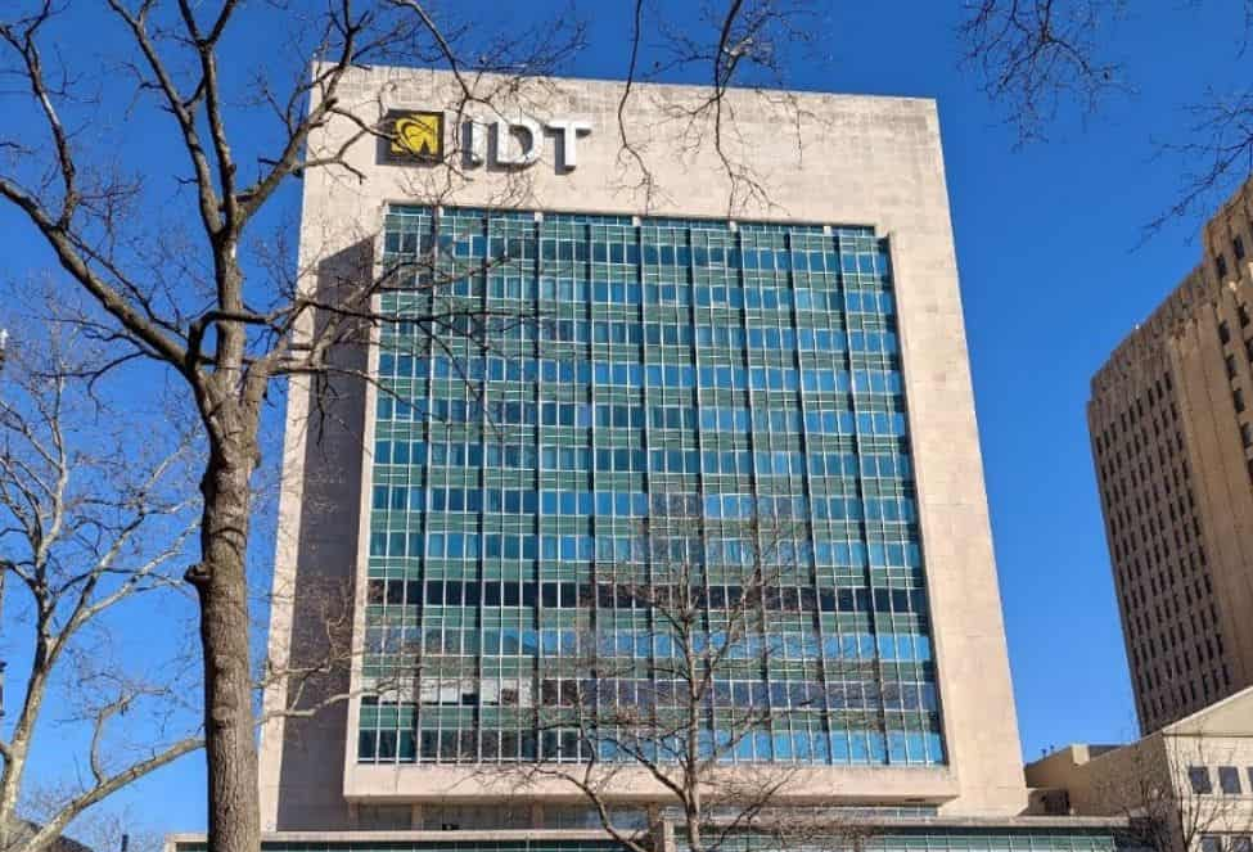The demand for renewable energy is rapidly growing as the world transitions toward cleaner and more sustainable energy sources. Solar land leases have emerged as a critical component of solar development, offering space for large-scale solar projects. These leases present a valuable opportunity for landowners to get paid long-term revenue for unused land. Not only do solar leases provide financial benefits, but they also allow landowners to contribute to a greener future by supporting clean energy initiatives. Whether you own vast acreage or a smaller parcel, your land could be the key to powering local communities with renewable energy.
In this guide, we’ll explore what makes land suitable for solar leases, the financial benefits, and the future of solar land leasing in the renewable energy markets.
What Is A Solar Lease?
Solar power is now the world’s preferred energy resource for new development. In the United States, energy from the sun, aka solar power, is the preferred choice for developers looking to supply electricity for data centers, artificial intelligence, and electric vehicles. There is an incredible thirst for electricity today. And the move towards electrification is just beginning. We are at the start of an energy transition to a clean and prosperous economy that will take decades to complete. But it requires land and you might have just what it takes.
Unlike mining for coal or drilling for gas and oil, solar power happens above ground. Maybe you see it on a roof in your neighborhood or in the parking lot where you shop. But almost 75% (fact check) of solar developed today is on large areas of ground in what is known as utility-scale or community solar. These are the big tracts of land covered with solar modules.
Most likely, the farmers, ranchers, or landowners where these large solar systems are located did not develop the project themselves. However, these landowners play a key part in solar’s incredible growth when they lease their lands and allow solar projects on their property and in their hometowns.
Gone are the risks of crop failure, drought, scarce available labor, and erratic market prices on commodities. Landowners who lease property secure stable rents in the form of lease payments while still owning their land for the next generation.
If you are not familiar with solar and how it works, then you might be surprised to learn that solar modules last for decades. In fact, solar modules typically come with 25-year warranties that guarantee a certain energy production in the year 2050! With that in mind, landowners should expect leasing terms that span decades to match the project’s life expectancy. Landowners typically do not pay for any improvements needed on their land (ie, grading, trenching, fencing) but should expect that the energy developers will require a right of way during the initial site development, construction, and afterward. While rain and snow do most of the required cleaning on solar projects, maintenance work is a normal part of a project.
Large solar projects don’t happen overnight. In fact, it can take years from the first conversation you might have about developing your land until the project has received all the necessary approvals required before construction can even start.
There are a few key layers involved in this lengthy process and each is worth understanding:
Site Feasibility
This is an internal step and is done in advance of seeking any approvals or permits. This stage is when you want to make sure that you are talking to a company with real experience in developing solar projects and a history of completed projects like Genie Solar Energy. Basically, Genie Solar Energy will determine if your land has enough space, gets a good amount of sun, and can connect this new source of energy with the existing electric grid nearby. Details matter here including the flatness of the land, soil conditions below ground where installation anchors might go, and existing conditions. Flat open space is better than densely wooded areas or boggy wetlands. Chances are that if Genie Solar Energy, or another developer, is asking you about your land then it probably already meets some basic requirements.
Making a Land Lease Deal
A willing lessee, such as Genie, seeks a willing lessor (landowner). It is a conversation first, a rough sketch of space needed and possible payments. In this way, it is not too different from a neighbor who might want to use your land to graze animals or plant crops. Does it make sense? Do you want to see sheep every day? Do you want to work the land yourself? How much would you net per acre if everything went well, year after year? Do you have a better plan for the land? Does a known, guaranteed, cash payment interest you? If yes, then for how long? Solar projects are just the same as leasing land for farming or ranching except it won’t be sheep you see every day.
Financials
No two land leases are the same. Your lease might come with an initial payment for simply agreeing to lease your land in the future. Or your payment stream might not begin until all regulatory hurdles are successfully navigated. Whether it is immediate or years away, there won’t be any guesswork in when and how much you will get paid. It will all be done in the form of an actual leasing agreement. This might be the first and only time you should spend some of your own money. It will be money well spent to make sure you have an attorney who understands your own situation to review any lease. Legal issues aside, bringing in your accountant and maybe your own lender if your property has a mortgage is also prudent. Make sure that all parties understand the actual lease terms and rule out any red flags or covenants at risk.
Companies like Genie Solar Energy understand you need to do your own due diligence. This is a long-term agreement giving the lessee access rights to your land. Make sure you understand it!
Zoning and Permitting
Okay, you made a deal to lease your land and now the solar developer gets to work. Depending on your site and local zoning codes, your project might begin with a local zoning board seeking approval for using land for solar development. This varies by town, county, and sometimes, state. Genie will be able to share with you the exact sequence of approvals needed. Expenses here related to zoning board, local building permits, or utility interconnection are not your concern here as that is part of project development. You might be asked to confirm there is a lease agreement. You might even want to help with a local zoning or builder permit issue as success there means the project can go through.
Interconnection Approval
Equally important as making sure the project can be built on your land is getting it approved by your local utility and grid operator. Size matters here and there are no shortcuts. Your local utility company may be the sole approval needed in some cases. But, typically, your local utility will also need to work with the larger gatekeeper, the region’s independent system operator or ISO. This might be a group called PJM NYISO or MISO. Basically, whatever the actual name, they operate a much larger grid beyond your own utility company. Projects that require ISO approval can expect a waiting period for approvals that varies from months to years. During this time, the electric power your site can produce is modeled with existing grid capability to see if it can be handled. Often local upgrades are required so that the energy produced can be accepted safely by the larger grid.
Again, expenses related to interconnection are not a landowner’s responsibility. There is no easy answer on how long this interconnection approval process takes. On the bright side, once approved, your project has a real legal right to put power on the grid for years and decades into the future. This is an extremely valuable commodity in today’s wholesale electric world where new energy is truly needed.
A solar land lease is a simple idea. You have land and get paid to let another group work it by developing a solar project. Very similar to a rancher sending off fat hogs in the fall, solar projects send electrons to the grid for payment. Your land will earn you a lease payment for each acre used. Payments vary widely per acre and in many cases increase annually over time.
It is also a binding legal document that gives both parties specific rights over time. It offers real financial incentives for the lessor (owner). Considering the insatiable need for clean energy expected in our future, a solar land lease might be an attractive opportunity to consider. Let Genie Solar Energy help you navigate your path forward.
Benefits For Landowners
There are many benefits for landowners who lease their land for solar projects. These benefits can span a wide range of advantages including:
- Increase the value of your land by turning unused parcels into revenue-generating assets.
- Create long-term, recurring revenue that can span 20-30 years depending on the land lease term.
- Assist the local community in gaining access to clean, renewable energy.
- Protect your land from future housing developments.
- Secure tax credits or tax incentives based on the terms and conditions of your land lease agreement.
- Minimal involvement is required by the landowner.
Challenges of Solar Land Leases
Although solar land leases can benefit the community and be quite profitable for the landowner and solar developer, they come with a handful of challenges.
Challenges For Landowners
- Long-Term Commitment: Solar leases typically last 20–30 years, requiring landowners to commit their property for an extended period.
- Zoning and Regulatory Hurdles: Ensuring the land complies with local zoning laws and permitting requirements can be complex and time-consuming.
- Potential Restrictions on Land Use: Once leased for solar, the land may not be available for other uses during the contract term.
- Environmental and Visual Concerns: Solar farms may alter the landscape, and some communities may view them as an eyesore.
- Risk of Unclear or Unfavorable Contract Terms: Landowners must carefully review lease agreements to avoid hidden fees or unclear responsibilities.
- Financial Risks if Developer Defaults: If a developer fails to fulfill financial or operational obligations, it could disrupt the landowner’s expected income.
- Soil and Land Impact: Prolonged use for solar farms may require post-lease land restoration to return the property to its original condition.
Challenges For Solar Developers
- Site Suitability Issues: Identifying land with the right size, sun exposure, and proximity to infrastructure can be a challenge.
- Community and Stakeholder Opposition: Developers may face resistance from local communities concerned about environmental or aesthetic impacts.
- Complex Permitting and Approvals: Navigating local, state, and federal regulations can delay project timelines and increase costs.
- High Upfront Costs: Solar projects require significant initial investment in site evaluation, permitting, and construction.
- Interconnection Challenges: Connecting the solar farm to the grid involves technical and bureaucratic hurdles, which can lead to delays.
- Financial Risks: Developers bear the financial burden of project delays, operational issues, or fluctuating energy market prices.
- Landowner Negotiations: Reaching mutually beneficial agreements with landowners can be time-consuming and may require significant concessions.
- Environmental Compliance: Developers must ensure projects meet strict environmental standards, which can complicate site preparation and construction.
How Much You Can Earn Leasing Your Land
Leasing land for solar projects can be quite profitable for the landowner party. Solar lease rates range from $1,000 per acre to $5,000 per acre depending on the condition of the land, the viability of the project, and local energy prices. Leases typically require a minimum of 10 acres and oftentimes include an escalator clause that increases the lease rate by a certain percentage each year to account for inflation. A landowner leasing 10 acres of land in a favorable region could potentially earn $50,000 per year over the span of a 20-30 year lease agreement.
Land Lease Payments
Solar land lease payments to landowners are typically structured as annual or monthly fixed payments, providing a consistent and predictable source of income throughout the lease term. In some cases, payments may also include escalation clauses, ensuring the lease value increases over time to account for inflation or market changes. Depending on the agreement, landowners may receive revenue-sharing arrangements where a percentage of the energy generated or profits from the solar project is included in their compensation. Payments are usually detailed in the lease agreement, with clear terms to ensure transparency and reliability for both parties.
Solar Land Suitability Criteria
When evaluating land for a solar lease, several key criteria determine its suitability for hosting a successful solar project:
- Land Size: A minimum of 10 acres of contiguous, usable land is typically required for solar development.
- Proximity to 3-Phase Power: The site should be close to existing 3-phase power infrastructure to minimize interconnection costs.
- Location in an Energy Market with Favorable Conditions: The land should be situated in a region with community solar legislation or energy rates that make solar projects economically viable.
- Clear of Obstructions: The property should be relatively flat and free from hills, dense trees, or marshy areas to ensure efficient solar panel installation and energy production.
- Favorable Zoning Regulations: Local zoning laws must permit solar development, with minimal restrictions or barriers to project approval.
- Ample Sunlight Exposure: The site should receive high levels of direct sunlight throughout the day, with minimal shading from nearby structures or vegetation.
- Ease of Access: The land should have road access to allow for easy transportation of materials and maintenance equipment.
Solar Land Lease Regulations
Regulations around solar land leasing and development vary by location and play a critical role in determining the feasibility of a project. Landowners must ensure their property complies with local zoning laws, which may dictate whether solar farms are permitted in their area and under what conditions. Additionally, developers are typically required to secure multiple permits, including environmental, construction, and interconnection approvals from utilities, to proceed with the project.
Compliance with state and federal guidelines for renewable energy projects is also essential to avoid delays or legal challenges. Understanding and navigating these regulations is key to ensuring a smooth and successful solar leasing experience.
Lease Terms & Conditions: How Land Leases Work
Solar land lease contracts specify the responsibilities of both parties, ensuring clarity on payments, land use, and the project’s duration. Understanding the key terms and conditions of a solar lease is essential for landowners to make informed decisions.
Major Terms and Conditions of a Solar Land Lease:
- Lease Term: Solar land leases typically span 20–30 years, with potential options for renewal depending on the agreement.
- Lease Rate: Payments often range between $1,000 and $5,000 per acre annually, with escalation clauses or production incentives to increase compensation over time.
- Payments: Landowners receive consistent payments, often structured as annual or monthly installments, detailed in the lease agreement for transparency.
- Land Maintenance: Developers are usually responsible for maintaining the land during the lease term, including vegetation management and ensuring safe site conditions.
- Decommissioning After Term is Over: At the end of the lease, the developer should be responsible for removing all solar infrastructure and restoring the land to its original or agreed-upon condition.
The Process Of Securing A Land Lease
Securing a solar land lease involves several structured steps to ensure a smooth and mutually beneficial process for both landowners and developers. From initial consultation to finalizing agreements, each stage is designed to evaluate the land’s potential and prepare for successful project execution.
Steps to Secure a Solar Land Lease:
1. Initial Consultation
Landowners meet with a solar developer to discuss their property and assess its suitability for a solar lease.
2. Site Evaluation
The developer conducts a detailed analysis of the land, reviewing factors like sun exposure, proximity to infrastructure, and zoning compliance.
3. Proposal and Negotiation
The developer presents a lease proposal outlining payment terms, project plans, and responsibilities. Landowners negotiate to ensure favorable terms.
4. Contract Signing
Both parties sign a detailed lease agreement, which includes lease rates, payment schedules, maintenance terms, and decommissioning responsibilities.
5. Permitting and Planning
The developer manages permitting, regulatory approvals, and project planning to prepare the site for construction.
6. Construction and Interconnection
Solar infrastructure is installed, and the system is connected to the power grid, officially starting energy production.
Choosing The Right Solar Partner
Choosing the right solar developer partner is critical for landowners to ensure a successful and hassle-free leasing experience. Look for developers with a proven track record in solar project execution, as experience often translates to reliability and efficiency. Transparency is key. Your chosen partner should provide clear and detailed lease agreements, payment terms, and project timelines.
Additionally, prioritize developers like Genie Solar Energy who offer end-to-end support, handling everything from permitting to maintenance. Finally, consider partnering with a developer backed by a reputable company, as financial stability ensures the long-term success of the project and consistent lease payments.
Maximizing Your Land Lease Revenue
To maximize the value of their solar land lease, landowners should:
- Ensure their property meets key suitability criteria, such as sufficient size, optimal sun exposure, and proximity to power infrastructure.
- Conduct a thorough evaluation of the land to address any potential obstacles, like clearing unnecessary obstructions or ensuring zoning compliance. This can significantly increase its appeal to developers.
- Negotiate favorable lease terms, such as escalation clauses for increasing payments over time. This can also enhance long-term financial benefits.
- Work with an experienced and transparent solar developer to ensure a fair agreement and maximize the land’s earning potential.
- Seek legal advice to review contracts to further protect the landowner’s interests and help secure the best possible deal.
Interested In Exploring A Solar Land Lease?
Partnering with Genie Solar Energy is the first step toward transforming your land into a reliable source of income. With a proven track record of leasing land and successfully developing solar projects, Genie is a trusted leader in the industry. Backed by the stability and resources of a publicly traded company, Genie provides transparent processes, expert guidance, and unmatched construction reliability.
Contact our team today for a complimentary land evaluation and discover how your property can unlock its full potential through a solar lease. Let us help you turn your land into a valuable asset for a greener future.
